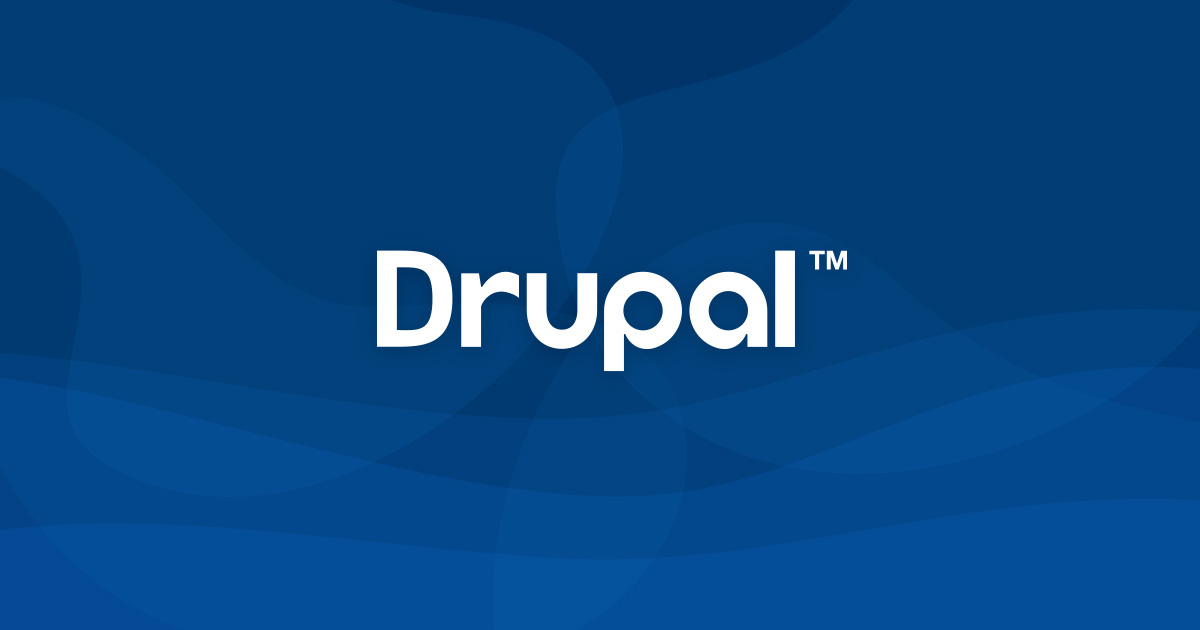While Wordpress is still king when it comes to CMS, but it's really because Wordpress is so beginner-friendly. If you compare Drupal and Wordpress on the basis of quality, you'll find that Drupal actually has a few advantages over any other CMS, including Wordpress. If you want to speed up your Drupal site, edit your Drupal theme, or install plugins, you're going to need a lot more programming knowledge than you would with other systems. However, once you master Drupal's complex programming system, you'll find yourself with a lot more possibilities and creative freedom than you would ever have with Wordpress.
Flexibility, in fact, maybe the number one benefit enjoyed by Drupal users. Drupal platform is complex because it's designed to facilitate any site and/or content that you can possibly think of, including videos, polls, blogs, podcasts, statistics, and more. One Drupal site could even seamlessly incorporate all of these features without experiencing a significant drop in loading speed or resulting in an overwhelming site layout. As such, Drupal sites tend to be far more content-rich than Wordpress sites, which tend to stick to one content type or another. Drupal's script also gives the user way more control over design element editing. So yes, this script can be quite complicated to use, but it's complexity allows for infinite design possibilities. By comparison, other CMSs (including Wordpress) can start to seem incredibly restrictive and simple.
This near 100% customizability is easily the second benefit of choosing to use Drupal for your CMS. Any features that you can't directly program into the site itself can be easily incorporated in the form of modules (or plugins, if you prefer the Wordpress lingo). Drupal alone comes with over 16,000 modules that enhance your site's functionality across a wide variety of possibilities. Modules can be installed to improve your site's CRM, security, social media presence, and even SEO, all things that you can't simply write into your website's programming code. Many of these modules are free to install, which means all of these enhancements can be made without costing you a cent. As more and more people use Drupal, it's also become easier to find custom-made modules outside of the official Drupal marketplace as well.
The third benefit of using Drupal is its scalability. One of the biggest problems with Wordpress is that the bigger your Wordpress site grows, the slower your site becomes. People using other CMSs are constantly making adjustments to their sites in order to enhance their performance speed. Drupal, on the other hand, is designed to grow exponentially. Your site can grow from one to one hundred pages without you having to change much at all. When it comes to facilitating content growth, Drupal is easily the strongest CMS, making it an excellent choice for people with large media-based or eCommerce sites. This scalability translates to traffic control as well. Drupal is far better at managing sudden spikes in traffic than any other CMS (regardless of your web hosting type).
Believe it or not, the fourth benefit Drupal users enjoy is the community. Though Drupal is far from the most popular choice of CMS, it's an open-source platform. That means that anyone is free to make edits, write software, or offer public advice on-site management. Though Drupal is not what you would call a "popular" CMS, more and more people are starting to use it. It already has a firmly established community of users who swear by it, and that community is growing. If you choose to run your site with Drupal, you have the benefit of stepping into a small but steadily growing community of users. Things that may seem overwhelmingly complicated right now may not be in a few years as more and more people are tackling common problems with the platform.
Last, but certainly not least, Drupal is incredibly secure. Many complain about the complexity of Drupal's programming, but that same complexity makes Drupal sites very difficult to hack. It's so secure that the platform's 2015 security report actually recorded zero exploited vulnerabilities that couldn't be resolved by some kind of patch or upgrade. For this reason, you'll find that government and banking sites are actually more likely to be powered with Drupal than with any other CMS.
